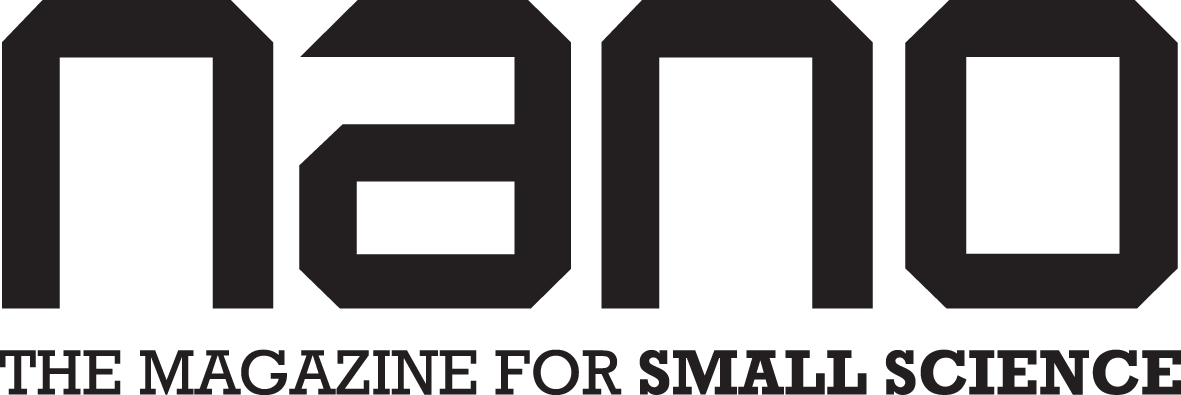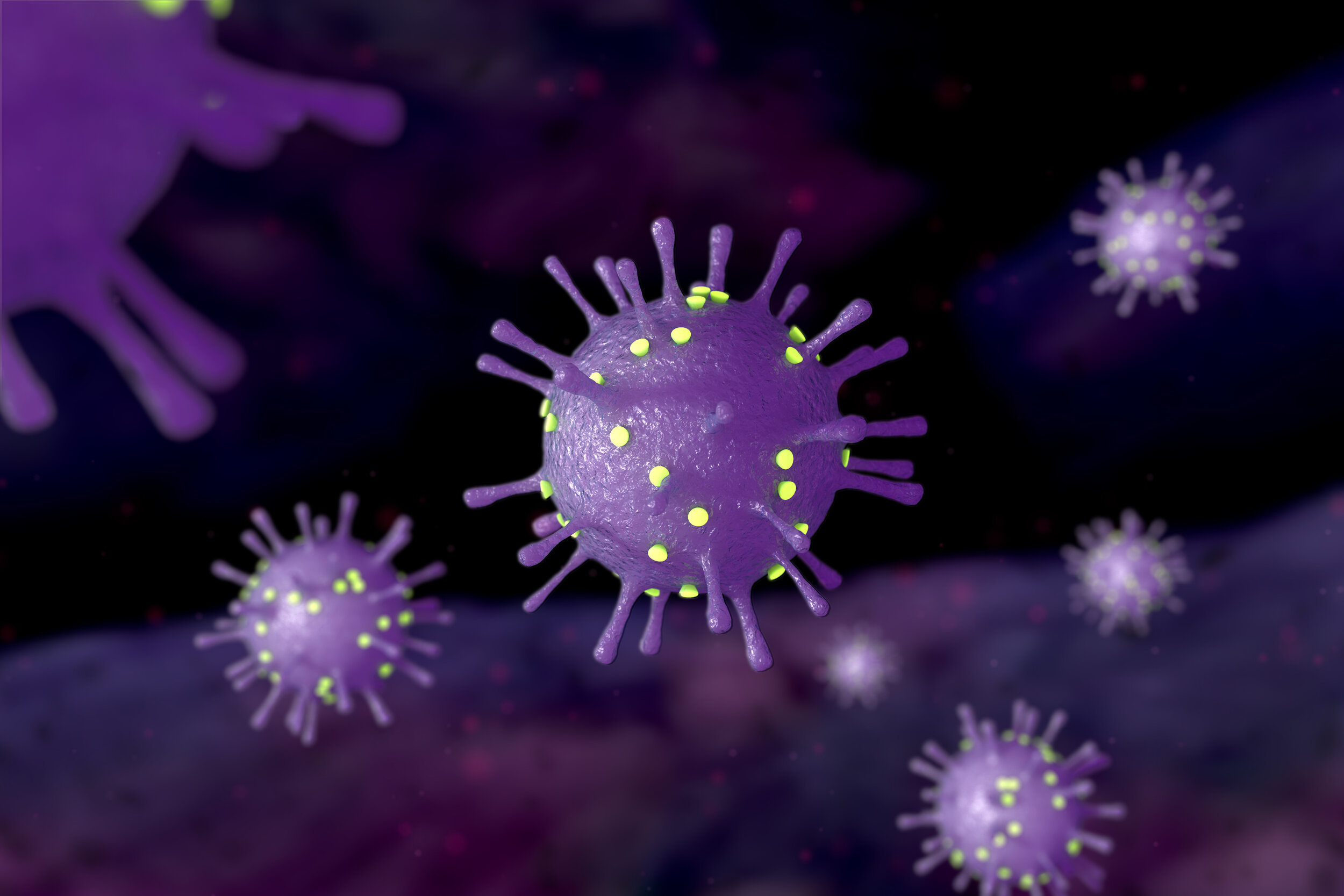Why do COVID-19 antibody test kits keep failing government testing?

Over the past few weeks, it has been widely reported that many of the antibody tests, used for rapid screening for COVID-19 contraction, ordered by governments across the world had failed to meet the required standards for widespread use.
As reported in the Times, this week the UK government’s chief of testing has admitted that the 3.5 million antibody test kits ordered from China are not fit to be deployed across Britain, citing that researchers found that the kits could not accurately show whether someone had contracted coronavirus.
Previously, Spanish health officials purchased a batch of tests kits with only 30% detection rate, having been promised that the tests should have a sensitivity of more than 80% by the manufacturer. More encouragingly last week, tests with an accuracy of around 90% arrived in Turkey, after health chiefs initially purchased ‘several thousand’ tests, which a senior official described as less than 30% accurate.
The speed at which the novel coronavirus spread outside of China gave an exploitative opportunity for an influx of inferior and faulty tests the opportunity to flood the market and fill the early testing void, as pressure mounted on Government’s to provide quick comprehensive solutions. In response, the Chinese government has since put an export restriction on many of the manufacturers of such tests, so that only the highest certified and quality tests can be exported to other nations.
Evolution of tests
During the initial response to the COVID-19 outbreak in China, the health authorities developed a rapid testing response by adapting existing antibody tests to detect the novel coronavirus, these tests are known as 1st Generation Rapid COVID-19 Antibody Tests. These tests rapidly detect the natural antibodies your body produces to fight off COVID-19.
The World Nano Foundation believes that many of the tests which have failed in countries like Spain, the UK and Turkey, may have been 1st generation rapid COVID-19 antibody tests.
Chinese manufacturers have since developed more evolved tests, which diagnose not only infection, but also the phase of infection and can deliver a result at much smaller viral loads, due to the introduction of gold nanoparticles into the tests. This is called the Colloidal Gold Method and is used widely in the disease testing industry and is known to improve test sensitivity. These next generation of tests are known as 2nd Generation Rapid COVID-19 Antibody Tests.
A recent report by The World Nano Foundation explained that 2nd generation tests allow healthcare professionals, as part of a diagnostic protocol, to detect COVID-19 with more accuracy and more information, than 1st generation tests. The 2nd generation tests also allow healthcare professionals to perform tests sooner after suspected infection. Furthermore, 2nd generation tests allow healthcare professionals to determine at what stage of COVID-19 a patient is in, which 1st generation tests cannot do.
Being able to diagnose the stage of infection gives healthcare professionals more confidence in triaging patients, to provide the most appropriate treatment paths. It also eases the strain on key industries and workers by providing more reliable back-to-work dates.
Furthermore, some national testing policies have only been geared to using 1st generation tests to detect immunity due to their testing limitations, but as 2nd generation tests can be performed as quickly as 3 days after contraction, the policy is expected to change accordingly.
2nd generation antibody tests allow governments and companies to rapidly monitor and safeguard patients, key workers, and citizens, more reliably and to an extent not possible with 1st generation tests.
Typical steps of administering the Rapid Antibody test as part of a diagnostic protocol:
A trained healthcare professional will assess the person being tested (e.g. symptoms, exposure to the virus, underlying health issues and other recent infections) and will then take a blood sample from the patient, by either a finger or heel prick, and mixes this sample with a diluent.
The healthcare professional adds 2-3 drops of blended sample vertically and slowly to the sample well of the test card and leave it at ambient temperature.
The healthcare professional observes the test result within 15 minutes, and determines a diagnosis and offers the relevant medical advice depending on what stage of infection the patient is currently in.
Testing to benefit the most people
Widespread 2nd generation rapid COVID-19 antibody testing, as part of a diagnostic protocol, has clear benefits as it does not require centralised equipment, just the test itself and the tests are extremely portable and provide results within 15 minutes. They are simple for healthcare professionals to perform and can be performed at the bedside, in any clinic, laboratory, care home, community or business environment.
2nd generation rapid COVID-19 antibody tests can also be used to screen large numbers of people, relieving current capacity constraints on the PCR machines, so the accuracy of PCR testing can be used for more precise analysis. Repeat antibody testing would make the screening of large numbers more reliable and more informative. A similar approach was used during the Ebola crisis, where Rapid tests were repeated within 15 minutes to create more validation and accuracy. This novel approach proved very successful. It would also significantly improve the speed of testing, and importantly not decrease accuracy.
The combined capability of rapid COVID-19 tests with the PCR tests would enable public health policy to be more effective in slowing the spread of the virus.
By conducting widespread antibody sampling of the general public, public health bodies could better estimate the true levels of exposure and resulting population immunity. For COVID-19, this would be a game-changer, as true transmission and fatality rates could be calculated to forecast the intensity and longevity of the pandemic to direct decision-making. Furthermore, by identifying potential geographical ‘hot-spots’ of low population immunity, health systems could better allocate resources to prevent or manage transmission.
As we are still learning about the virus, it is important that we capture the test data, so policy decisions can be made using more data influenced assumptions on continuing to work in key jobs and safe return to work for those who can be considered immune and non-contagious.
So far, we have yet to see any evidence of governments widely using 2nd generation rapid COVID-19 antibody tests, outside of China.
About the World Nano Foundation
The World Nano Foundation (WNF) is a not-for-profit organisation focused on the advancement and commercialisation of nanotechnology innovation for the benefit of society. Nanotechnology innovation is already being used during the current COVID-19 crisis, and was instrumental in dealing with SARS, Ebola, Flu variants and Zika previously, which The World Nano Foundation was heavily involved in.
The World Nano Foundation is working with partners in at least 40 countries from across the world, who have solutions for the short, medium and long-term challenges associated with the current and future pandemics.
“Nanotechnology has fundamentally changed our understanding of diseases and their treatments. There are real opportunities to have mobile devices managed through apps giving real time point-of-care results for future tests that will be developed within weeks at low cost for everyone”, said Paul Stannard, Chairman of The World Nano Foundation.
He continued, “Opportunities also exist to improve the speed of vaccine development and make vaccines less specific, so they provide multivariant protection. Also, we can protect our workplaces, homes and health environments using nano based coatings now and post-pandemic.”
The World Nano Foundation is currently consulting with technology partners, Governments and NGOs about available COVID-19 testing methods, and the impact that nanotechnology has on these tests.
They recently published a report to explain everything you need to know about 2nd Generation rapid COVID-19 antibody tests, and how nanotechnology can help fight the pandemic.
To see the report and find out further information about 2nd generation antibody tests please visit - https://www.worldnanofoundation.com/covid-19-report-analysis





